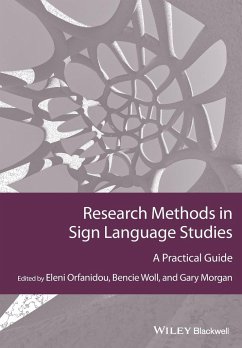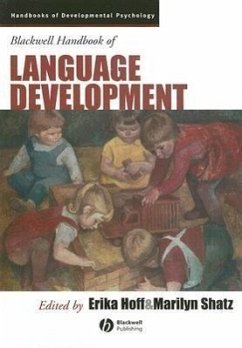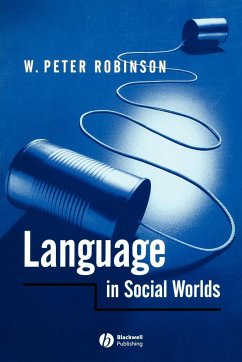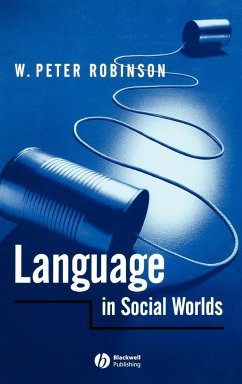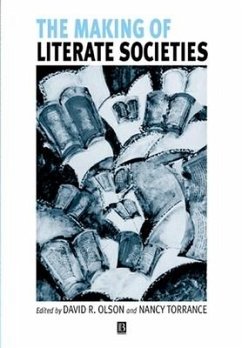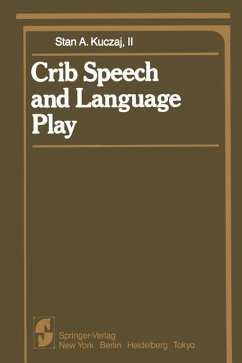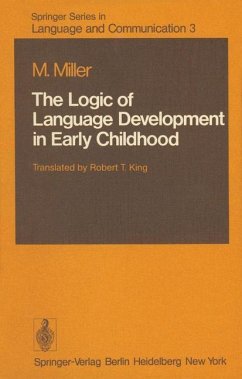Nicht lieferbar
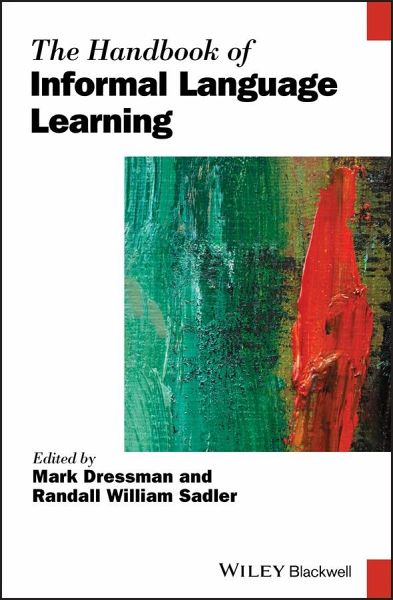
The Handbook of Informal Language Learning
Provides a comprehensive and unique examination of global language learning outside of the formal school settingAuthored by a prominent team of international experts in their respective fields, The Handbook of Informal Language Learning is a one-of-a-kind reference work and it is a timely and valuable resource for anyone looking to explore informal language learning outside of a formal education environment. It features a comprehensive collection of cutting edge research areas exploring the cultural and historical cases of informal language learning, along with the growing area of digital lang...
Provides a comprehensive and unique examination of global language learning outside of the formal school setting
Authored by a prominent team of international experts in their respective fields, The Handbook of Informal Language Learning is a one-of-a-kind reference work and it is a timely and valuable resource for anyone looking to explore informal language learning outside of a formal education environment. It features a comprehensive collection of cutting edge research areas exploring the cultural and historical cases of informal language learning, along with the growing area of digital language learning, and the future of this relevant field in national development and language education.
The Handbook of Informal Language Learning examines informal language learning from both theoretical and practical perspectives. Structured across six sections, chapters cover areas of motivation, linguistics, cognition, and multimodality; digital learning, including virtual contexts, gaming, fanfiction, vlogging, mobile devices, and nonformal programs; and media and live contact, including learning through environmental print, tourism/study abroad. The book also provides studies of informal learning in four national contexts, examines the integration of informal and formal classroom learning, and discusses the future of language learning from different perspectives.
_ Edited by respected researchers of computer-mediated communication and second language learning and teacher education
_ Features contributions by leading international scholars reaching out to a global audience
_ Presents an exciting and progressive selection of chapters in a rapidly expanding field of research and teaching
_ Provides a state-of-the-art collection of the theories, as well as the historical, cultural and international cases relating to informal language learning and its future in a digital age
_ Covers 30 key topics that represent pioneering findings and new research
The Handbook of Informal Language Learning is an essential resource for researchers, students, and professionals in the fields of language acquisition, English as a second language, and foreign language education.
Authored by a prominent team of international experts in their respective fields, The Handbook of Informal Language Learning is a one-of-a-kind reference work and it is a timely and valuable resource for anyone looking to explore informal language learning outside of a formal education environment. It features a comprehensive collection of cutting edge research areas exploring the cultural and historical cases of informal language learning, along with the growing area of digital language learning, and the future of this relevant field in national development and language education.
The Handbook of Informal Language Learning examines informal language learning from both theoretical and practical perspectives. Structured across six sections, chapters cover areas of motivation, linguistics, cognition, and multimodality; digital learning, including virtual contexts, gaming, fanfiction, vlogging, mobile devices, and nonformal programs; and media and live contact, including learning through environmental print, tourism/study abroad. The book also provides studies of informal learning in four national contexts, examines the integration of informal and formal classroom learning, and discusses the future of language learning from different perspectives.
_ Edited by respected researchers of computer-mediated communication and second language learning and teacher education
_ Features contributions by leading international scholars reaching out to a global audience
_ Presents an exciting and progressive selection of chapters in a rapidly expanding field of research and teaching
_ Provides a state-of-the-art collection of the theories, as well as the historical, cultural and international cases relating to informal language learning and its future in a digital age
_ Covers 30 key topics that represent pioneering findings and new research
The Handbook of Informal Language Learning is an essential resource for researchers, students, and professionals in the fields of language acquisition, English as a second language, and foreign language education.






